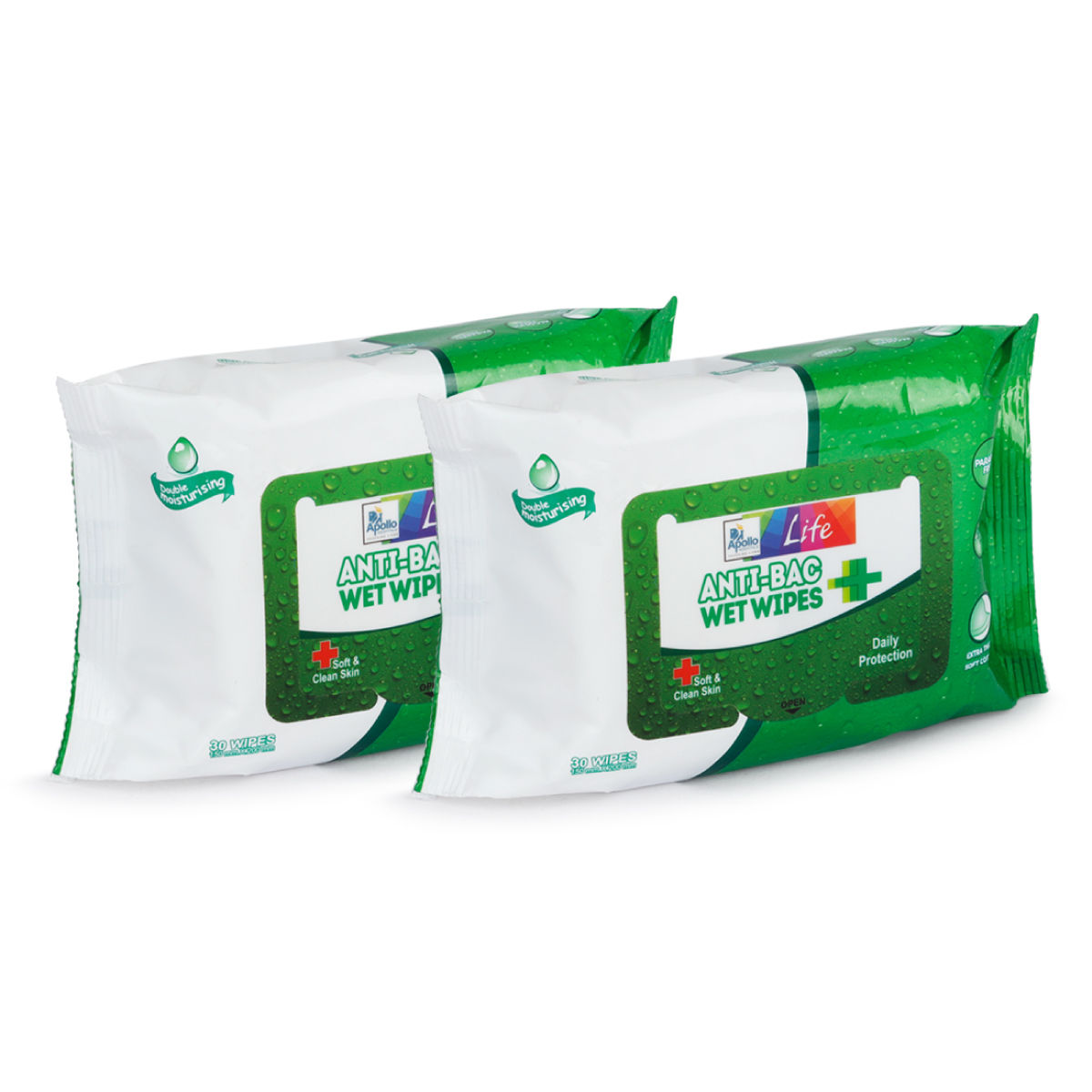Glomela Cream 20 gm
₹279*
MRP ₹310
10% off
₹263.5*
MRP ₹310
15% CB
₹46.5 cashback(15%)
Free Delivery
With Circle membership
(Inclusive of all Taxes)
This offer price is valid on orders above ₹800. Apply coupon PHARMA10/PHARMA18 (excluding restricted items)
Know Your Delivery Time
Provide Delivery Location



Available Offers
 Prescription drug
Prescription drugWhats That
 46 people bought
46 people bought 
Secure Payment

India's Most Trusted Pharmacy

Genuine Products
Manufacturer/Marketer :
Consume Type :
Return Policy :
Expires on or after :
About Glomela Cream
Glomela Cream is primarily used to treat melasma (dark brown patch on skin). Melasma, also known as chloasma or mask of pregnancy, is a common skin condition that causes brown patches on the face. It is more common in women than in men. The discoloured (grey-brown) patches occur mostly on the forehead, chin, nose and cheeks.
Glomela Cream contains three medicines, namely: Fluocinolone acetonide (steroid), Hydroquinone (skin lightening or bleaching agent), and Tretinoin (a form of Vitamin A or retinoids). Fluocinolone acetonide is a steroid that blocks the production of certain chemical messengers (prostaglandins) that make the skin red, swollen, and itchy. Hydroquinone belongs to the class of skin-lightening agents that work by decreasing the amount of melanin (a skin pigment) that is responsible for the darkening of the skin. Tretinoin belongs to the class of retinoids (man-made vitamin A) that works by increasing the renewal of skin cells, which helps in the natural exfoliation of the skin’s outer layers.
Glomela Cream is only for external use. Avoid contact of Glomela Cream with nose, mouth, eyes, ears, or vagina. Do not apply on a cut, open wound, or burnt skin area. In case Glomela Cream comes in contact with these areas accidentally, rinse with water thoroughly. Some people may experience application site reactions (burning, irritation, itching, and redness). Most of these side effects of Glomela Cream do not require medical attention and gradually resolve over time. However, if the side effects persist or worsen, please consult your doctor.
If you are allergic to Glomela Cream or any other medicines, please tell your doctor. If you are pregnant, nursing mother or planning for pregnancy, it is advised to consult a doctor before using Glomela Cream. Glomela Cream is not recommended for children below 12 years of age. Do not apply Glomela Cream on ulcerated skin or wounds. Avoid sun exposure while using Glomela Cream as it may make the skin more sensitive to sunlight and cause sunburn. Wear protective clothing and use sunscreen while going out to protect your skin from sunburn. Do not cover or wrap the treated area with a bandage unless advised by your doctor. Avoid smoking or going near naked flames as the fabric (bedding, clothing, dressings) that is in contact with Glomela Cream catches fire and burns easily. If you have a sulfite allergy, asthma, rosacea (redness and often red, small, pus-filled bumps on the face), acne, skin thinning, perioral dermatitis (redness and swelling of the skin around the mouth), genital itching, chickenpox, diabetes, cold sores, ulcerated skin, warts, shingles (a viral infection causing painful rash), eczema (itchy, swelling of the skin) or any other skin condition, diabetes, Cushing syndrome, glucosuria, inform your doctor before taking Glomela Cream.
Uses of Glomela Cream
Directions for Use
Medicinal Benefits
Glomela Cream contains three medicines, namely: Fluocinolone acetonide (steroid), Hydroquinone (skin lightening or bleaching agent) and Tretinoin (a form of Vitamin A or retinoids) used to treat melasma. Fluocinolone acetonide is a steroid that blocks the production of certain chemical messengers (prostaglandins) that make the skin red, swollen and itchy. Hydroquinone belongs to the class of skin lightening agents that works by decreasing the amount of melanin (a skin pigment) that is responsible for the darkening of the skin. Tretinoin belongs to the class of retinoids (man-made vitamin A) that works by increasing the renewal of skin cells, which helps in the natural exfoliation of skin’s outer layers.
How Glomela Cream Works
Storage
Side Effects of Glomela Cream
- Burning
- Irritation
- Itching
- Redness
What if I have taken an overdose of Glomela Cream
Drug Warnings
If you are allergic to Glomela Cream or any other medicines, please tell your doctor. If you are pregnant, nursing mother, or planning for pregnancy, it is advised to consult a doctor before using Glomela Cream. Glomela Cream is not recommended for children below 12 years of age. Do not apply Glomela Cream on ulcerated skin or wounds. Avoid sun exposure while using Glomela Cream as it may make the skin more sensitive to sunlight and cause sunburn. Do not cover or wrap the treated area with a bandage unless advised by your doctor. Avoid smoking or going near naked flames as the fabric (bedding, clothing, dressings) that is in contact with Glomela Cream catches fire and burns easily. If you have a sulfite allergy, asthma, have rosacea (redness and often red, small, pus-filled bumps on the face), acne, skin thinning, perioral dermatitis (redness and swelling of the skin around the mouth), genital itching, chickenpox, diabetes, cold sores, ulcerated skin, warts, shingles (a viral infection causing painful rash), eczema (itchy, swelling of the skin) or any other skin condition, diabetes, Cushing syndrome, glucosuria, inform your doctor before taking Glomela Cream. inform your doctor before taking Glomela Cream.
Drug-Drug Interactions
Drug-Drug Interactions
Login/Sign Up
Drug-Food Interactions
Drug-Food Interactions
Login/Sign Up
Diet & Lifestyle Advise
Avoid sun exposure while using Glomela Cream as it may make the skin more sensitive to sunlight and cause sunburn. Wear protective clothing and use sunscreen while going out to protect your skin from sunburn.
Regular exercise can improve your mood and self-esteem though it doesn’t clear spots. Take a shower immediately after finishing the exercise.
Wear a wide-brimmed hat to protect your face from sun exposure.
Avoid using skin products that cause irritation such as skin cleansers or shampoos, harsh soaps, hair removers or waxes, hair colours or permanent chemicals, skin products with astringents, lime, spices, or alcohol.
Habit Forming
Therapeutic Class
Glomela Cream Substitute

Melapik Plus Cream 20 gm
by Others
₹10.13per tabletU-B Fair Cream 30 gm
by AYUR
₹5.84per tabletTriolite Cream 15 gm
by Others
₹9.00per tabletSeraglow Cream 15 gm
by Others
₹11.40per tabletAdvan-THF Cream 15 gm
by AYUR
₹20.25per tablet
Product Substitutes
Alcohol
Caution
The interaction of alcohol with Glomela Cream is unknown. Please consult a doctor before consuming alcohol while using Glomela Cream.
Pregnancy
Caution
The safety of Glomela Cream in pregnant women is unknown and is given to a pregnant woman only if the doctor thinks benefits outweigh risks.
Breast Feeding
Caution
It is unknown whether Glomela Cream is excreted in human milk. Please consult a doctor before using Glomela Cream while breastfeeding.
Driving
Caution
Glomela Cream usually does not affect your ability to drive or operate machinery.
Liver
Caution
If you have any concerns regarding the use of Glomela Cream in patients with liver problems, please consult a doctor.
Kidney
Caution
If you have any concerns regarding the use of Glomela Cream in patients with kidney problems, please consult a doctor.
Children
Unsafe
Glomela Cream is not recommended for children below 12 years of age, as the safety and effectiveness were not established.
FAQs
Country of origin
Manufacturer/Marketer address
Customers Also Bought
Disclaimer
Author Details
We provide you with authentic, trustworthy and relevant information
Reference
- https://www.drugs.com/mtm/hydroquinone-topical.html
- https://www.mayoclinic.org/drugs-supplements/fluocinolone-hydroquinone-and-tretinoin-topical-application-route/before-using/drg-20060789
- https://www.drugs.com/mtm/tretinoin-topical.html
- https://www.webmd.com/drugs/2/drug-32574/fluocinolone-hydroquinone-tretinoin-topical/details
- https://my.clevelandclinic.org/health/drugs/18179-fluocinolone-hydroquinone-tretinoin-skin-cream
















